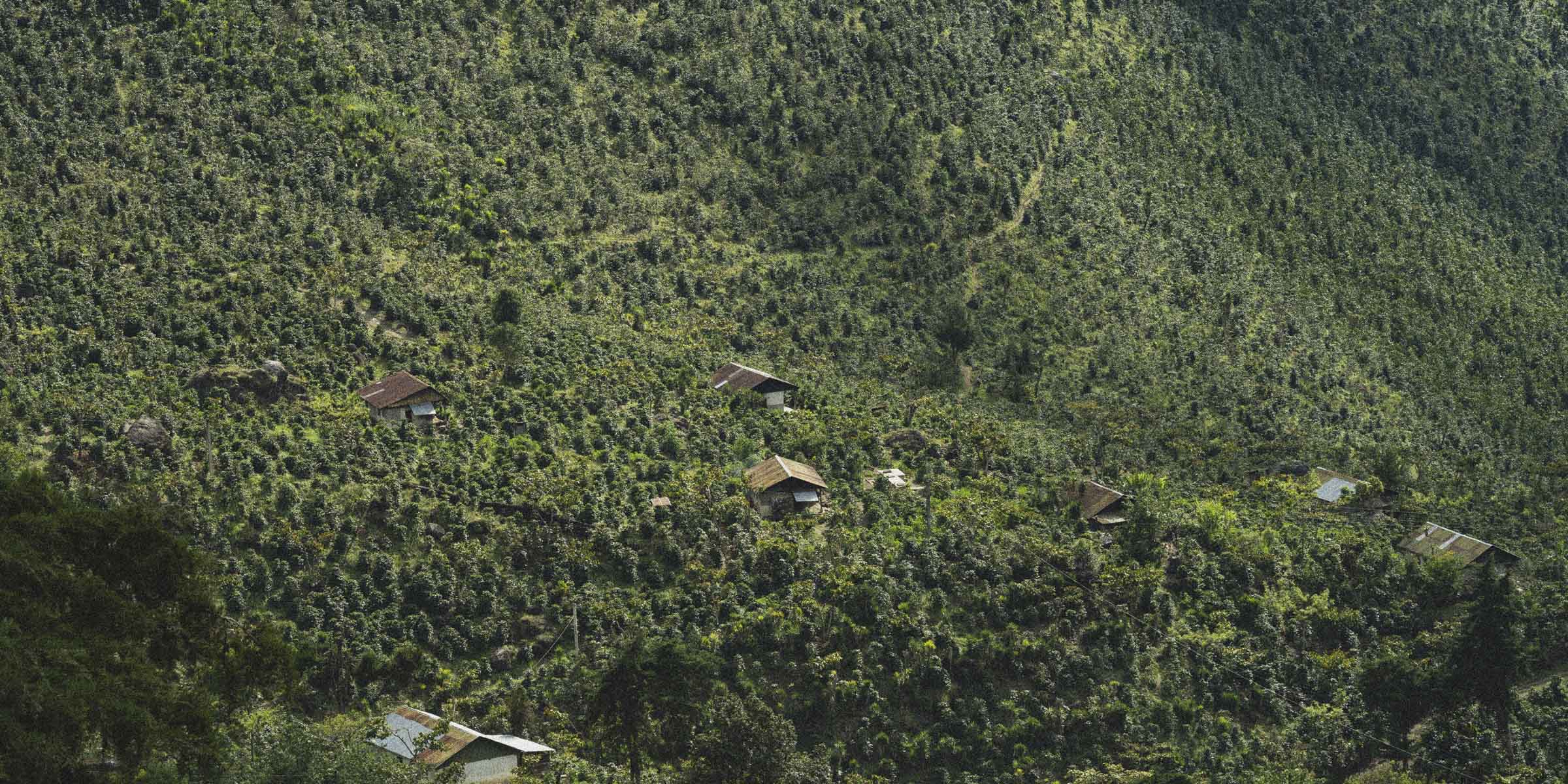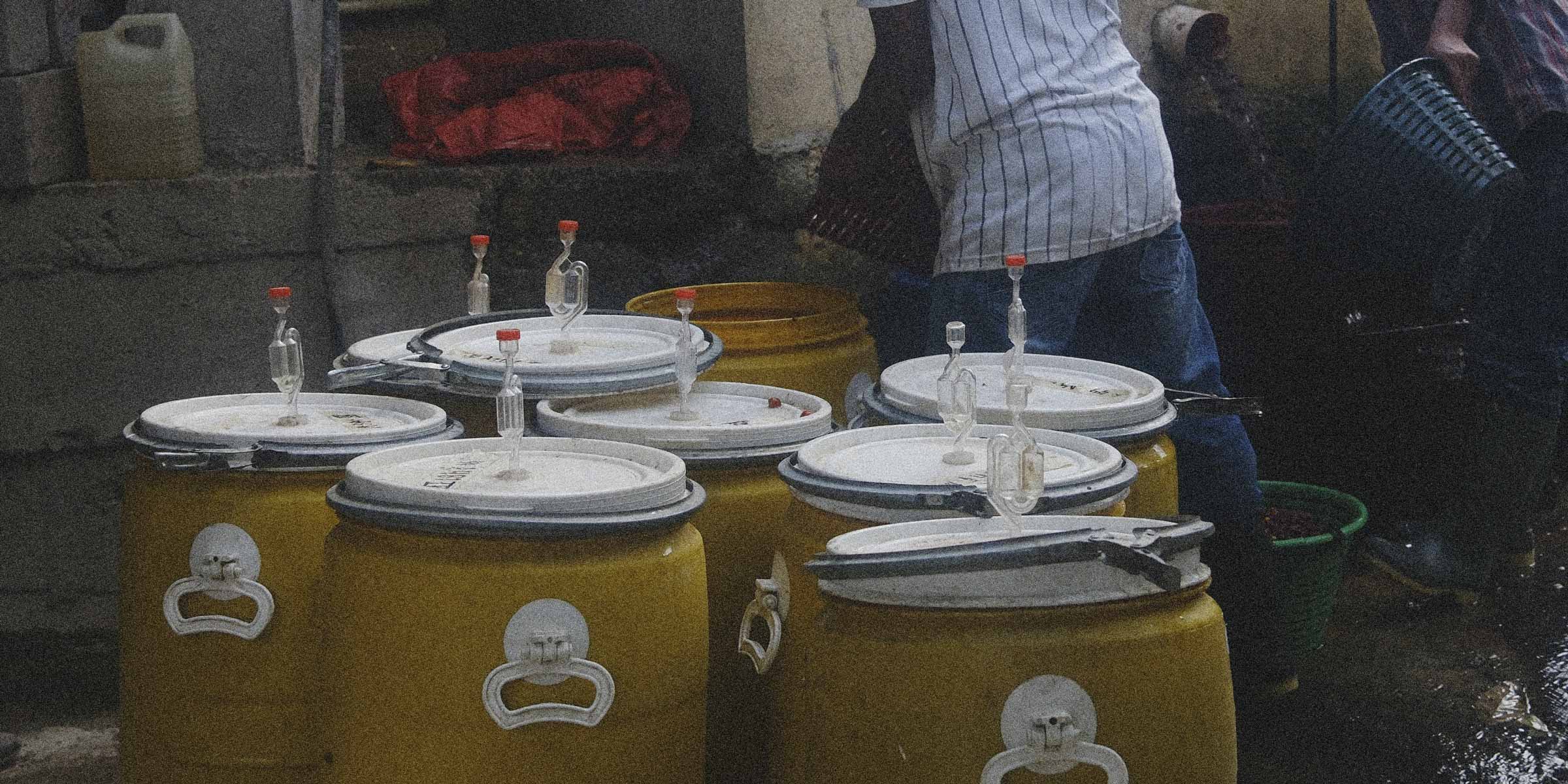Here at Sagebrush, we love celebrating our producers! Without these amazing farmers, we would not be able to deliver the high-quality coffee we pride ourselves in and you now expect. Today we are shining a light on women-owned coffee farms. Coffee growing and agriculture, in general, is usually assumed to be difficult, potentially dangerous work that requires an immense amount of focus, endurance, and strength. These words can also perfectly describe womanhood. Often assumed to be a "men only" industry, maybe it is time we take a closer look at the incredible work women do in the coffee industry.
Two major factors contribute to the low number of women-owned coffee farms. One is land ownership, and the other is the role women typically hold in the coffee industry. In many countries, legal land ownership and member associations are difficult for women to obtain. The land or membership is most often legally held in the husband's name and is not transferred to the wife in the event of his death or absence from the farm. The same goes for membership associations. Legally, memberships typically cannot be transferred to the wife due to local laws. The other major factor contributing to fewer women-owned coffee farms is the role they typically hold in coffee farms worldwide. While there are many different kinds of reports on agriculture and coffee farm statistics, many reports state about 70% of the labor on coffee farms (planting, picking, processing, sorting) is done by women. Since their assumed role is usually that of a laborer, it is more difficult for women to find their way to a position where they can own their farm and land.
The Asociación de Mujeres Productoras Agropecuarias del Cauca (or AMACA) is a coalition of fantastic women-owned producers that we are lucky to have as a bean supplier. Formed in 1999, this association started with just eighty women from across El Tambo in Colombia's Cauca department. They came together to form the AMACA to better help each other and pool resources to build up smaller farms. The quality of their coffee has grown to the point where they can charge a premium on top of the coffee's traditional value. This premium allows the AMACA to support its members with equipment, resources, and even property. We love supporting them because of their association's statement: "to improve the quality of life of their members and their member's families." We also celebrate them for their genuine love and passion for growing premium coffee!
Two of the most notable accomplishments of the group came in 2008 and 2010. In 2008, the AMACA partnered with all levels of government, including the municipality of El Tambo, the governor of Cauca, and with the Ministry of Agriculture to help increase the creation and quality of 80 of their member's farms. Not only did this help the individual members, but the region benefited from more substantial businesses as well. In 2010, the AMACA supplied twenty-two of their member's farms with wet mills and processing tanks with their "Social Action" drive. Twenty-one years later, the AMACA has one hundred and forty active members from all over the El Tambo municipality. The average farm size within the association is one hectare, which holds five thousand trees! Some of the members can even manage over three hectares of crops, while some of the other members can work less than one hectare. Together, they can help lift each other's businesses and livelihoods. Not only does this bring prosperity to their families, but it helps the region as a whole.


















